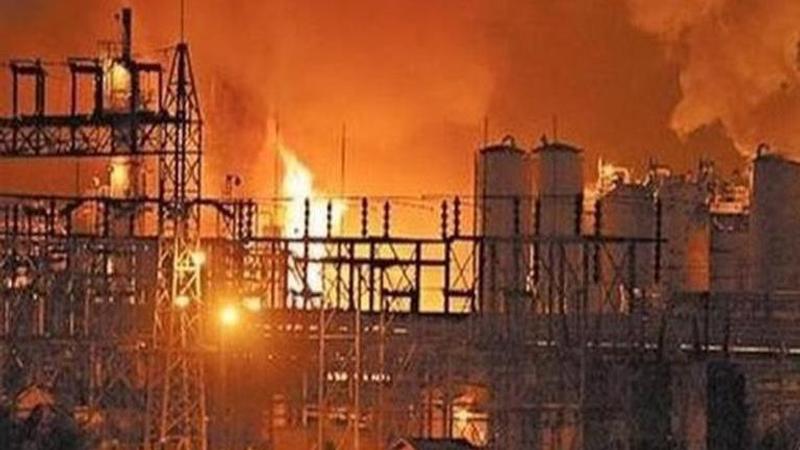Published 09:15 IST, November 29th 2019
Bhopal gas tragedy: NGOs accuse Centre, state of colluding with Union Carbide
Activists and survivors of the 1984 disaster questioned the flaws in the study conducted by ICMR on children of women exposed to the gas.

Ahead of the 35th anniversary of infamous 1984 Bhopal gas leak incident, four organisations campaigning for justice, charged the central and the state government of continued collusion with Union Carbide and Dow Chemicals.
The organisations namely Bhopal Gas Peedit Mahila Stationery, Bhopal Gas Peedit Mahila Purush, Bhopal Group for Information and Action Sangharsh Morcha and Children Against Dow Carbide addressed a press conference in Bhopal and presented several documents obtained under Right to Information (RTI) on the suppression of findings of a study by the Indian Council of Medical Research (ICMR) that could be used to substantiate the curative petition for additional compensation for the disaster.
Citing the reports, a member of the Bhopal Group for Information and Action Rachna Dhingra said, "The documents we have obtained from NIREH (National Institute for Research on Environmental Health) this year show that its parent organisation, the ICMR decided to not publish the results of a study that found birth defects in babies of gas exposed mothers to be several times higher compared to those of non-exposed mothers."
As per the documents, Dr. Ruma Galgalekar, the principal investigator found that 9% of the 1,048 babies born to gas exposed mothers had congenital malformations while in 1,247 babies born to unexposed mothers, only 1.3% had congenital malformations.
The documents further show that when the findings of the study were presented at the 7th SAC meeting in December 2017, "members expressed concern on the high incidence of malformed children recorded in the present study and raised several queries related to quality control of data," following which, it was decided that an expert group would review the data.
Reports of 2018 expert meeting
As per the minutes of the expert group's meeting on April 4, 2018, the "group strongly recommended that this data, due to its inherent flaws, should not be put in the public domain and shared at any platform."
According to the four experts, the "inherent flaws" of the study were "various methodological issues, problems of invalidated data and outcome assessment bias." At the 8th SAC meeting in October 2018, the members agreed that "as the said project had flaws...the results are erroneous and thus should not be brought in the public domain."
The survivors further said these documents on research on the impact on the next generation of survivors make us lose faith in our scientists and scientific institutions.
"If the study design was indeed flawed, how was it approved at three successive meetings over two years? If indeed mistakes have been made, why hide them from people? And why has there been no fresh proposal to do the study properly," Rashida Bee, President of the Bhopal Gas Peedit Mahila Stationery Karmchari Sangh said.
Citing another RTI document, another activist representing a survivor said that it is ironical that six months after this quiet burial of the data on birth defects due to gas exposure, at a meeting on the Curative Petition for enhancement of compensation for the gas disaster in New Delhi, Supreme Court Advocate arguing for the petition specifically sought "corroborative evidence like data on effect of Bhopal gas leak disaster on offspring of gas victims".
(with ANI inputs)
Updated 09:53 IST, November 29th 2019




